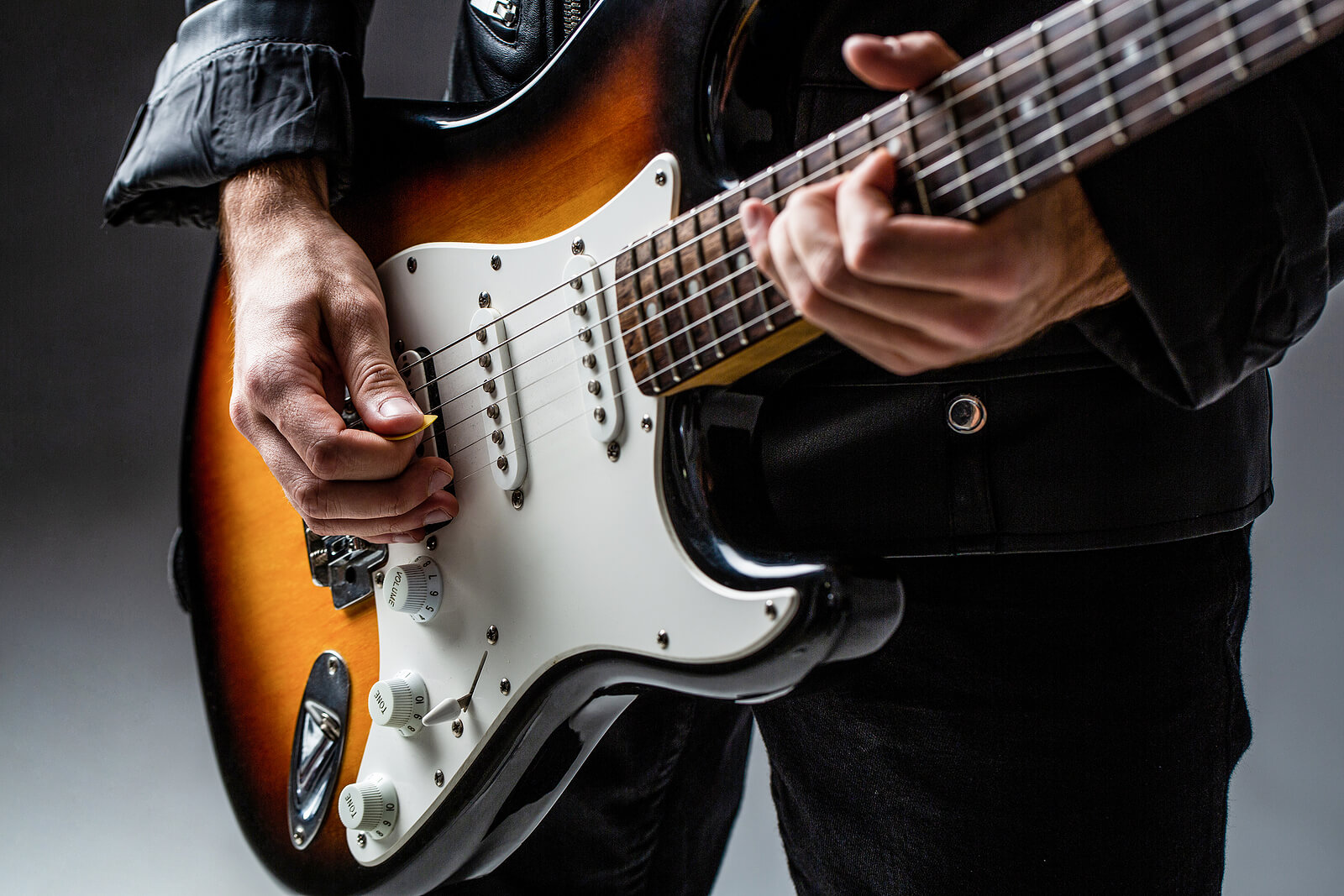
- Common Fears About Hearing Tests - May 28, 2025
- Best Hearing Aids for Active Lifestyles - May 16, 2025
- A Guide to Different Hearing Aid Styles - May 6, 2025
Music is a universal language that resonates with emotions and connects people across cultures. It has the power to inspire and uplift. For musicians, the pursuit of excellence often involves long hours of practice, rehearsal, and performance. However, this can take a toll on hearing health. Let’s look at the relationship between music and hearing and explore strategies to protect your ears while pursuing your passion.
A Love Affair with Music
Music has the extraordinary ability to evoke strong emotions, tell stories, and create profound connections. For musicians, it’s not merely a form of entertainment; it’s a calling and a way of life. Whether you’re a classical virtuoso, a rock guitarist, a jazz saxophonist, or an avid amateur, the desire to create and share music is a powerful force.
The Potential Impact on Hearing Health
While the joy of making music is unparalleled, the constant exposure to high sound levels can pose a risk to musicians’ hearing health. Prolonged exposure to loud music, whether during practice, live performances, or through personal listening devices, can contribute to hearing damage over time. Understanding the potential risks is the first step in preserving your auditory well-being.
What Are Safe Sound Levels?
Decibels (dB) measure the intensity of sound, and prolonged exposure to levels above 85 dB can cause hearing damage. Many musical instruments, especially in live settings, can exceed this threshold. For instance, a drum set can produce sounds well above 100 dB, and electric guitars at full volume can reach similar levels. Brass and woodwind instruments, also pose risks to musicians playing them since the sounds are very close to their ears and can reach dangerous levels.
Protective Measures for Musicians: A Sound Strategy
Preserving your hearing health as a musician involves adopting proactive measures. Here are some key strategies to strike a balance between your love for music and the well-being of your ears:
Invest in High-Quality Ear Protection
Custom-molded musician earplugs offer a balanced attenuation, reducing harmful sound levels while preserving the clarity of music. These earplugs are designed to maintain the integrity of the sound, making them an excellent investment for performers. We work with you to custom mold hearing protection to suit your needs, so visit us to find out more about musician earplugs.
Use In-Ear Monitors
In-ear monitors provide a personalized audio mix directly to the musician’s ears, reducing the need for excessive stage volume. This not only enhances the quality of the performance but also minimizes the risk of overexposure to loud ambient noise.
Take Regular Breaks
Incorporate breaks during rehearsals and practice sessions. Giving your ears time to rest can mitigate the cumulative impact of prolonged exposure to loud music.
Monitor Sound Levels
Utilize sound level monitors during rehearsals and performances to ensure that volumes are within safe limits. This proactive approach allows adjustments before reaching potentially harmful levels.
Use Soundproofing Techniques
Invest in soundproofing solutions for practice spaces and studios. This not only protects your hearing but also minimizes the risk of disturbing neighbors.
Limit Personal Listening Device Volume
When using headphones or earphones, adhere to the 60/60 rule: listen at no more than 60% of the maximum volume for no more than 60 minutes at a time. This helps prevent long-term hearing damage.
Get Regular Hearing Check-ups
Schedule regular check-ups with a hearing health specialist to monitor your hearing health. Early detection of any issues allows for timely intervention and can help maintain your hearing health.
Educate Fellow Musicians
Foster a culture of hearing health awareness within your musical community. Encourage fellow musicians to adopt protective measures and prioritize their hearing well-being.
The Road Ahead: Ensuring a Musical Future
Preserving your hearing health as a musician is not about sacrificing your art but rather finding a balance that allows you to continue creating music for years to come. By incorporating these protective measures, you can ensure that your art remains a source of joy and inspiration without compromising your hearing health.
If you think you may have hearing loss or you’re ready for musician earplugs, visit us today. We’ll help you find out more about your overall hearing health, and suggest personalized solutions for your hearing needs.
